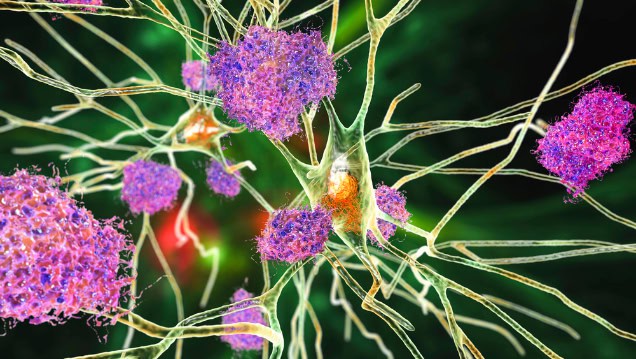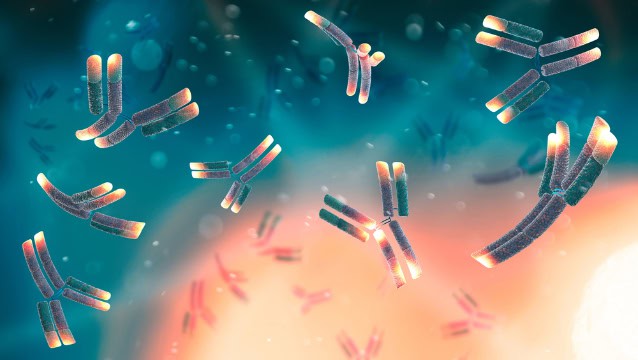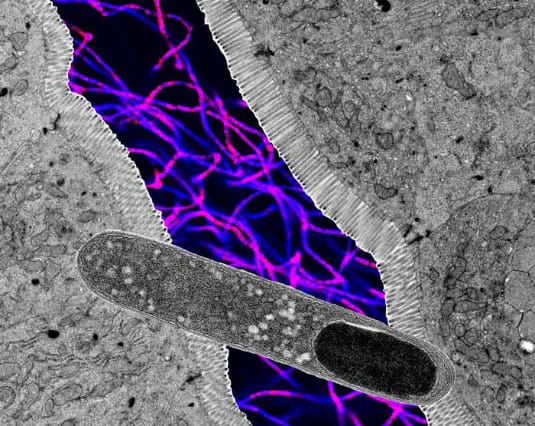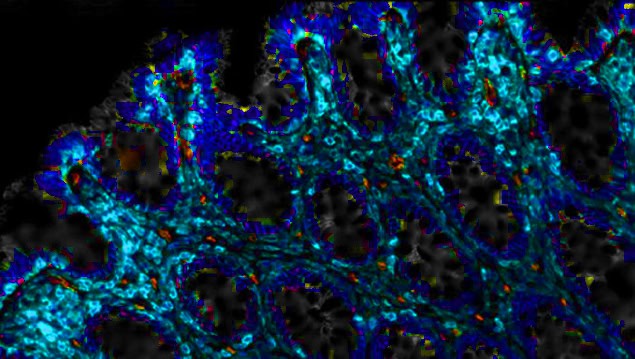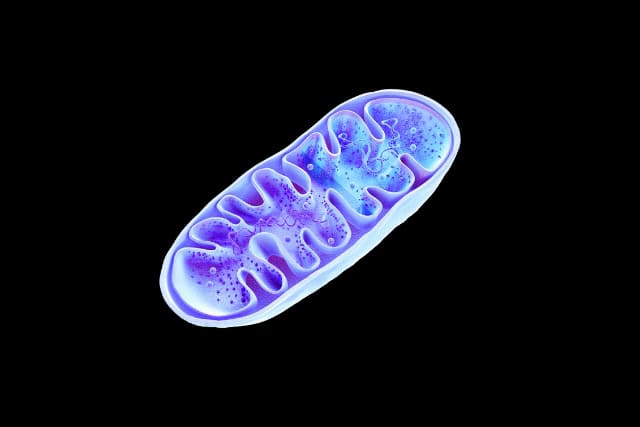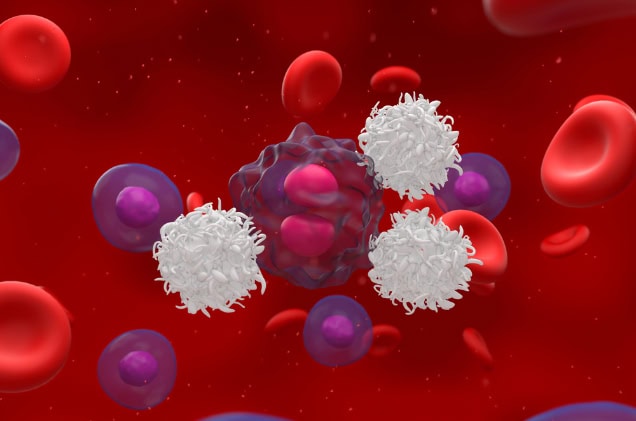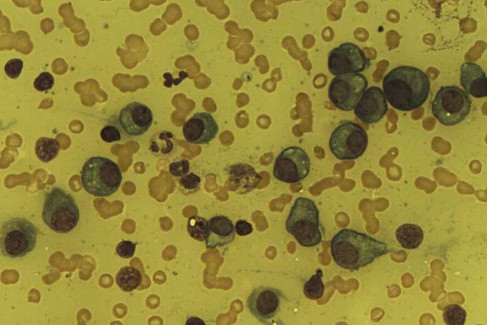Experimental drug NU-9 halts Alzheimer’s disease in animal model before symptoms begin
The experimental drug NU-9 significantly reduced toxic amyloid beta oligomers and related neuronal damage in a mouse model of Alzheimer’s disease, demonstrating potential as an early therapeutic intervention. …

